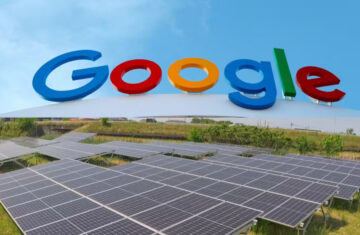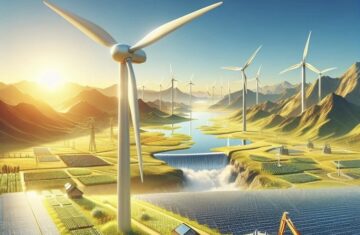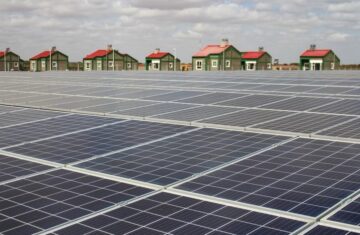The Rise of Bioenergy in France: A Comprehensive Overview
Bioenergy has gained significant traction in France as a vital component of the nation’s renewable energy strategy. As the world moves towards sustainable energy sources, France is investing in bioenergy to diversify its energy mix, reduce greenhouse gas emissions, and enhance energy security. This article explores the current state of bioenergy in France, its potential, challenges, and future prospects, supported by official statistics and credible sources.
Understanding Bioenergy
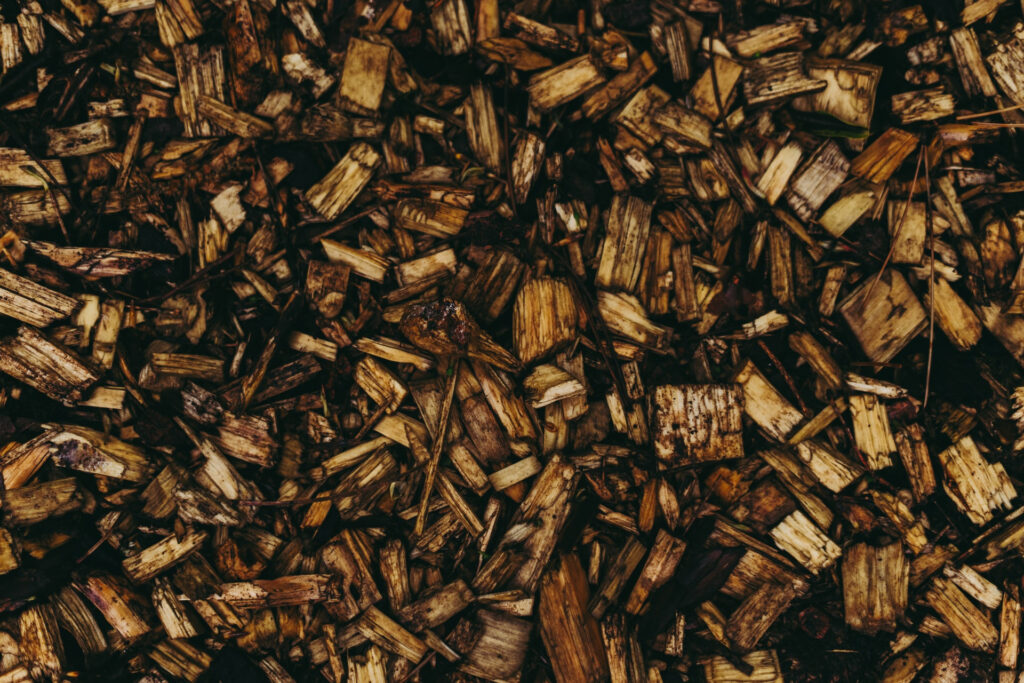
What is Bioenergy?
Bioenergy is derived from organic materials, commonly referred to as biomass. These materials can include plant matter, agricultural residues, wood, and animal waste. Bioenergy can be converted into electricity, heat, and biofuels, making it a versatile renewable energy source. The primary forms of bioenergy include:
- Biomass: Organic materials used directly for heating or converted into biofuels.
- Biogas: Produced through the anaerobic digestion of organic materials, biogas can be used for electricity generation or as a vehicle fuel.
- Biofuels: Liquid fuels derived from biomass, such as biodiesel and bioethanol.
Importance of Bioenergy in France
Bioenergy is critical for France’s energy landscape, helping to achieve climate goals and energy independence. In 2022, bioenergy accounted for approximately 6% of France’s total energy consumption, illustrating its growing importance in the renewable energy sector.
Current Bioenergy Capacity in France
Installed Bioenergy Capacity

As of 2022, France has an installed bioenergy capacity of approximately 7,000 MW. This capacity includes a wide range of bioenergy technologies, from biogas plants to biomass power stations.
Key Statistics
- Total Installed Bioenergy Capacity: 7,000 MW
- Annual Bioenergy Production (2022): Approximately 14 TWh
- Percentage of Total Electricity Generation: 6%
Major Bioenergy Projects in France
France is home to several significant bioenergy projects that contribute to its energy mix:
- Biomass Power Plant in Gardanne: This facility has a capacity of 150 MW and uses wood pellets as fuel, significantly contributing to local energy production.
- Biogas Plant in La Réunion: A notable project that generates biogas from agricultural waste and has a capacity of 1 MW.
- Methanization Projects: Various regional initiatives focus on producing biogas through anaerobic digestion, using organic waste from agriculture and food industries.
The Role of Bioenergy in France’s Renewable Energy Strategy
National Energy and Climate Plan (NECP)
France’s National Energy and Climate Plan (NECP) outlines the government’s commitment to increasing the share of renewable energy sources. The plan sets a target of 40% of final energy consumption from renewables by 2030, with bioenergy expected to play a pivotal role in achieving this goal.
EU Regulations and Support
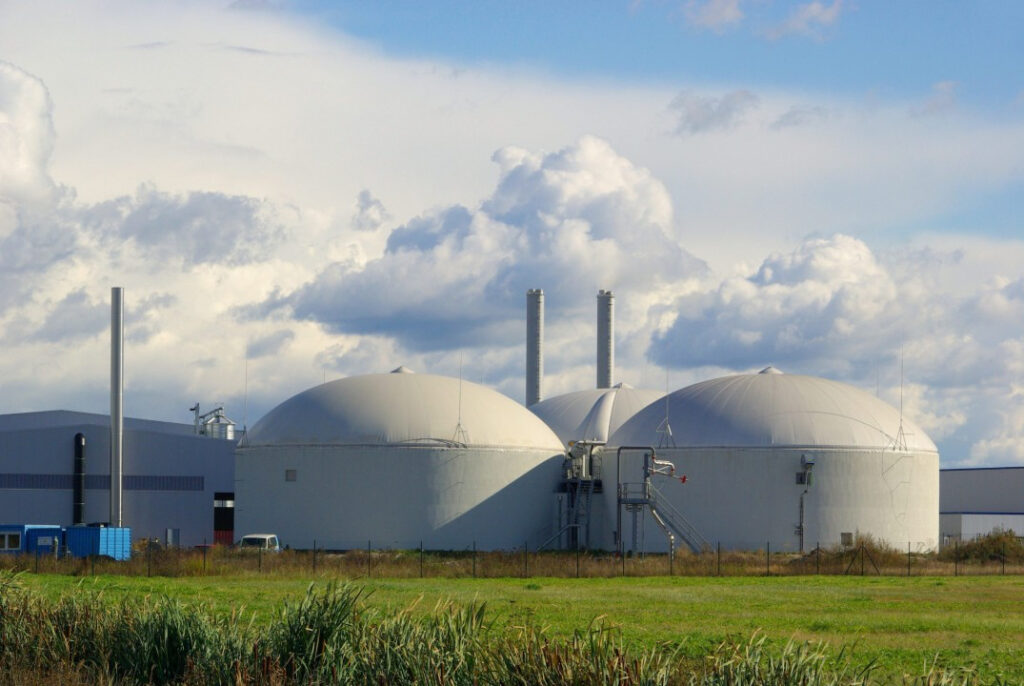
As part of the European Union, France adheres to various regulations that promote renewable energy. The EU Renewable Energy Directive encourages member states to increase their share of bioenergy and other renewables in their energy mix.
Advantages of Bioenergy
Renewable and Sustainable
Bioenergy is considered a renewable resource, as it relies on organic materials that can be replenished. When managed sustainably, bioenergy can significantly reduce greenhouse gas emissions compared to fossil fuels.
Economic Benefits
The bioenergy sector contributes to job creation and economic growth. According to the French Bioenergy Association (AFB), the bioenergy sector could create tens of thousands of jobs by 2030 through investments in infrastructure and technology.
Energy Security
Investing in bioenergy helps reduce reliance on imported fossil fuels. By utilizing local biomass resources, France can enhance its energy independence and stabilize energy prices.
Waste Management
Bioenergy production can also provide effective waste management solutions. By converting organic waste into energy, France can reduce landfill use and minimize environmental impact.
Challenges Facing Bioenergy in France
Competition with Food Production
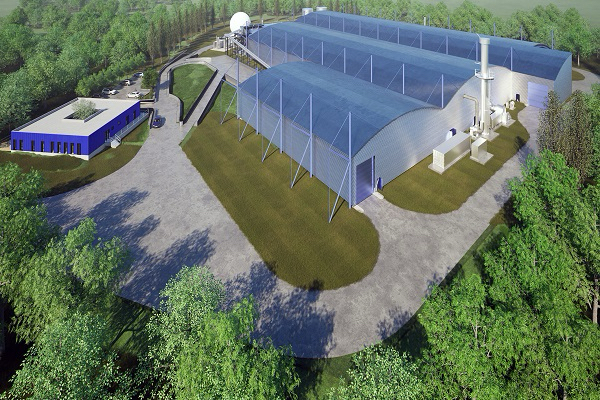
One of the significant challenges facing bioenergy is the competition for land between bioenergy crops and food production. This competition can lead to higher food prices and food security concerns.
Initial Investment Costs
While bioenergy technologies have become more affordable, initial investment costs can still be a barrier for some projects. Financial incentives and subsidies are crucial to encourage investment in bioenergy.
Regulatory and Bureaucratic Hurdles
Navigating the regulatory landscape for bioenergy projects can be complex. Delays in obtaining permits and approvals can hinder the development of new bioenergy facilities.
Sustainability Concerns
The sustainability of bioenergy depends on responsible sourcing and management of biomass. Unsustainable practices can lead to deforestation, loss of biodiversity, and soil degradation.
Future Prospects for Bioenergy in France
Technological Innovations
Advancements in bioenergy technology, such as improved biomass conversion methods and more efficient biogas production processes, promise to enhance energy output and reduce costs.
Expansion of Biogas Production
France has significant potential for expanding biogas production, particularly from agricultural waste. The government is actively promoting the development of biogas plants, which could significantly increase the country’s bioenergy capacity.
Integration with Other Renewable Sources
Combining bioenergy with other renewable sources, such as solar and wind, can enhance energy security and provide a more stable energy supply. This integrated approach helps balance supply and demand, particularly during periods of variable energy generation.
Community Engagement
Encouraging community involvement in bioenergy projects can foster local acceptance and investment. Community-owned bioenergy facilities can provide economic benefits while promoting sustainable energy practices.
Conclusion
Bioenergy is a vital component of France’s renewable energy landscape, offering numerous benefits for energy security, sustainability, and economic development. With its extensive capacity and potential for growth, bioenergy can play a crucial role in achieving France’s energy and climate goals. While challenges remain, technological innovations and supportive policies can help France harness its bioenergy potential for a sustainable future.
References
- National Energy and Climate Plan (NECP)
- French Bioenergy Association (AFB)
- International Renewable Energy Agency (IRENA)
- European Commission – Renewable Energy
- International Energy Agency (IEA)

